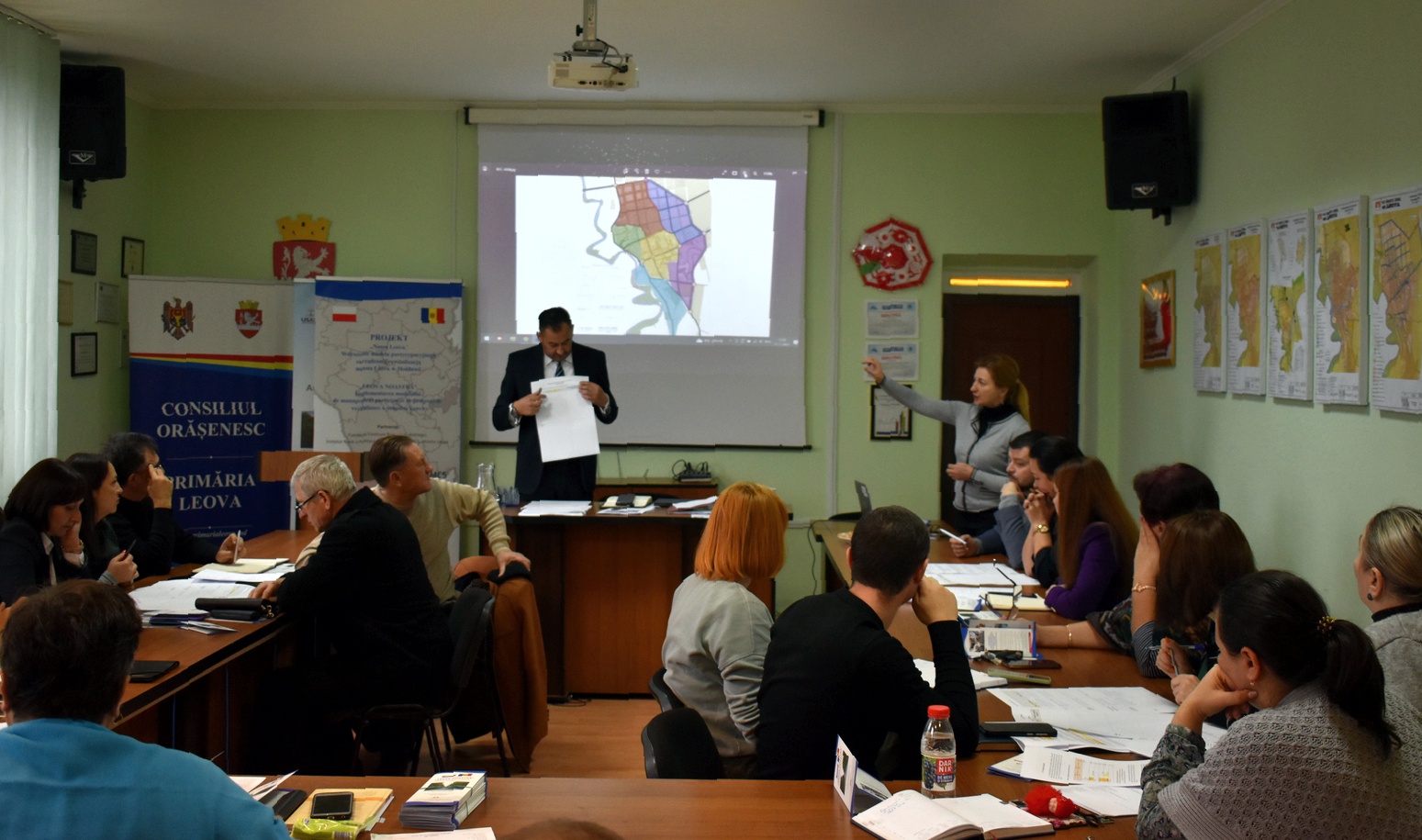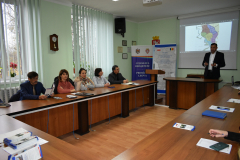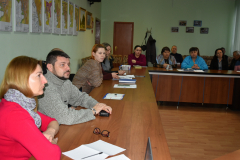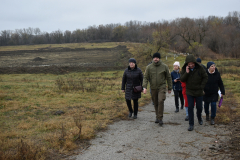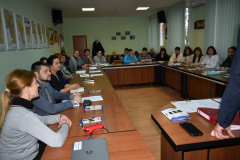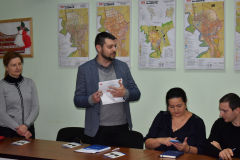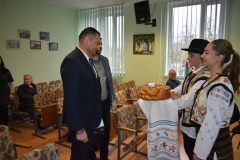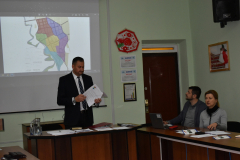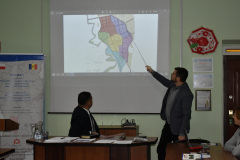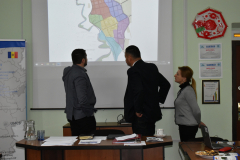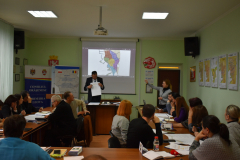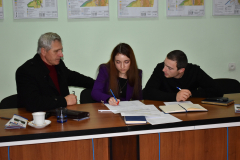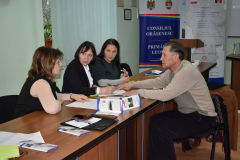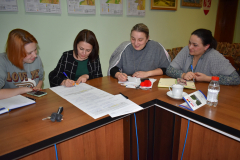On November 22-25, 2022, participatory workshop was held in the city of Leova regarding the development of the Leova City Revitalization Program. This program has to be the main instrument and implementation element of the model of participatory urban revitalization management. The main objective of the workshop was to identify the areas of strategic intervention in the city, which will be the subject to the revitalization activities, and defining the vision, main goals and planned effects of revitalization of degraded areas. The workshop was conducted by dr hab. Mariusz Sienkiewicz, prof. UMCS (president of Foundation Center for Local Development, project coordinator) and dr Nadia Gergało-Dąbek (Center for Eastern Europe, UMCS), who visited the city of Leova in the Republic of Moldova. The workshop was attended by representatives of the local government of the city of Leova, members of the revitalization committee of the city of Leova, directors and managers of public administration units, representatives of non-governmental organizations and local communities.
At the beginning of the workshop, Dr. Mariusz Sienkiewicz presented the areas of the city to be revitalized – Vest and Sud (Tighiceanu), selected on the basis of the indicator analysis of the diagnosis. Divided into groups, workshop participants prepared general characteristics of degraded areas in the social, economic, environmental, spatial-functional and infrastructural spheres. The next task of the workshop was to identify the problems and potential of the revitalization directions in the Vest and Sud (Tighiceanu) sectors in the five key areas mentioned above. Next, the participants focused on identifying the common challenges of the current situation in the areas of revitalization. An important element of the workshop was defining of the revitalization goals by the participants in the social, economic, environmental, spatial-functional and infrastructural spheres for the degraded areas.
The next workshop activity was the research (study) visit around Leova with workshop participants, which was one of the forms of social participation. The walk around the areas selected for revitalization was to identify problems in these areas related to spatial planning of inhabited areas, accessibility of the area for people with disabilities, the elderly, mothers with children, children and teenagers moving on their own, as well as pedestrians, cyclists and motorists who simultaneously use from a specific fragment of urban space, as well as the problems of the protection and promotion of monuments. The research visit allowed to explore the expectations of the inhabitants. During the walk, a critical analysis of the space was carried out, and the collected data will make it possible to make the necessary changes for users of the selected parts of the city.
On the last day of the workshop, the selected revitalization goals were discussed and accepted by the participants. An important element of the workshop was the work on the preparation of project fiches as a part of the revitalization program for the city of Leova. A Revitalization Committee for the revitalization of the city of Leova was established during the consultation workshop.
Workshop participants received certificates confirming their participation in the workshop financed by the Polish Development Assistance Program of the Ministry of Foreign Affairs of Poland.
Gallery

